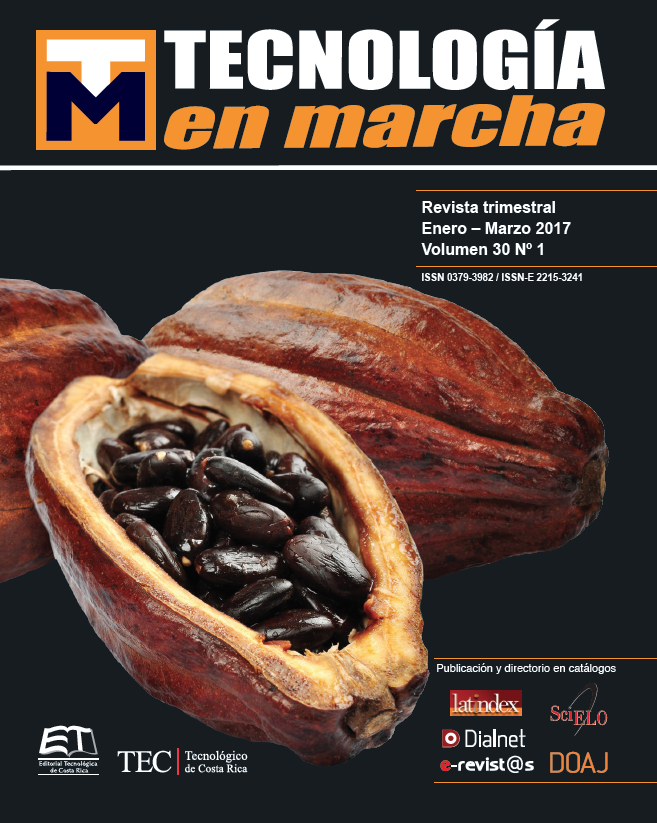Sexually Transmitted Diseases (STDs) and Sexual Health Costarricense. Topic III. Sex habits and legal normative
Main Article Content
Abstract
In Costa Rica, the begin of sexual life ever presented at a younger age in the population. These changes in sexual habETS and customs of the population, greater sexual precocity have been changes as having to make adjustments with respect to family planning schemes. However, current knowledge of family planning methods is not available for the entire population, and in some cases it generates inequalities that lead to healthy and productive people they become a burden on the social security. Additionally, there is a lack in the population with respect to the legal framework, which sets out the rights, duties, obligations and benefETS for the Costa Rican population is also a little-known in our community.
Non-Governmental Organizations (NGOs) have a role, and a real impact on the mechanisms for promoting sexual and reproductive health of the population. So, as an influence on public health schemes, which are applied by the governing bodies of health systems such as the Health´s Ministry (HM) and the Costa Rican Social Security Fund (CSSF/CCSS).
Article Details
Los autores conservan los derechos de autor y ceden a la revista el derecho de la primera publicación y pueda editarlo, reproducirlo, distribuirlo, exhibirlo y comunicarlo en el país y en el extranjero mediante medios impresos y electrónicos. Asimismo, asumen el compromiso sobre cualquier litigio o reclamación relacionada con derechos de propiedad intelectual, exonerando de responsabilidad a la Editorial Tecnológica de Costa Rica. Además, se establece que los autores pueden realizar otros acuerdos contractuales independientes y adicionales para la distribución no exclusiva de la versión del artículo publicado en esta revista (p. ej., incluirlo en un repositorio institucional o publicarlo en un libro) siempre que indiquen claramente que el trabajo se publicó por primera vez en esta revista.

